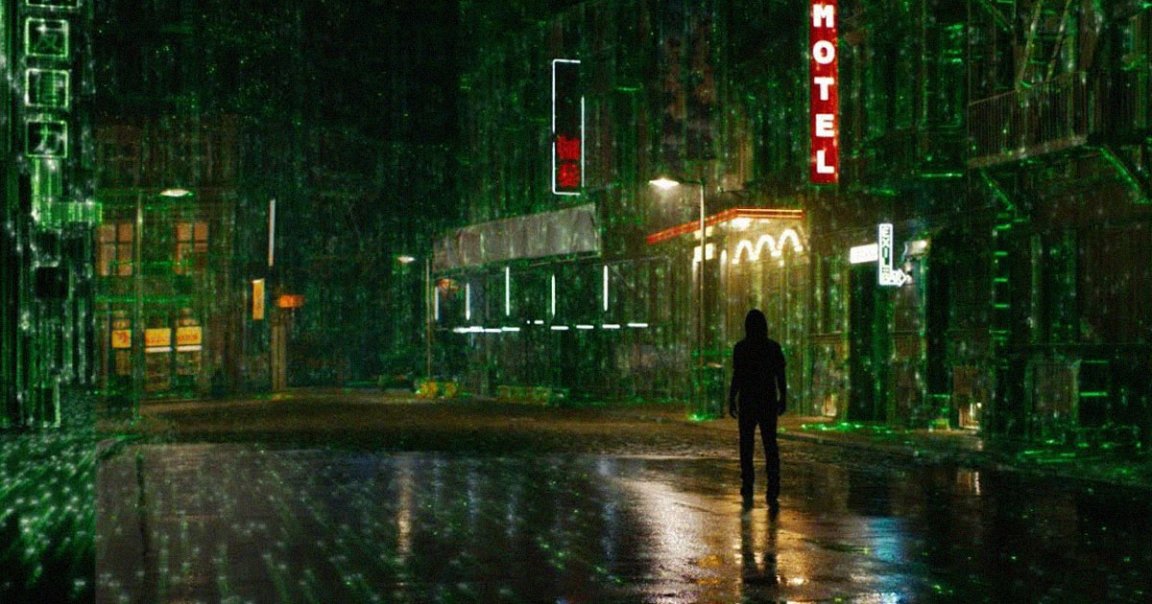
AI Township
A team of researchers from Stanford University and Google let 25 AI-powered bots loose inside a virtual town — and they acted a lot more like humans than you might expect.
As detailed in a recent, yet-to-be-peer-reviewed study, the researchers trained 25 different “generative agents,” using OpenAI’s GPT-3.5 large language model, to “simulate believable human behavior” such as cooking up breakfast, going to work, or practicing a specific profession like painting or writing.
A virtual town called “Smallville” allowed these agents to hop from school to a cafe, or head to a bar after work.
In other words, it’s a bit like a game of “The Sims,” but without any human intervention. In fact, the experiment’s environment was “inspired” by the video game, “where end users can interact with a small town of 25 agents using natural language.”
Social Creatures
The researchers found that their agents could “produce believable individual and emergent social behaviors.” For instance, one agent attempted to throw a Valentine’s Day party by sending out invites and setting a time and place for the party.
A Smallville mayoral race also included the kind of drama you’d expect to occur in a small town.
“To be honest, I don’t like Sam Moore,” an agent called Tom said after being asked what he thought of the mayoral candidate. “I think he’s out of touch with the community and doesn’t have our best interests at heart.”
It got even more human than that. Some agents even tried to go to businesses that were closed after certain hours.
Baby Steps
In short, it’s another fascinating glimpse at the capabilities of generative AI.
Michael Wooldridge, a computer science professor at Oxford University who studies AI and was not involved in the study, told Insider that the findings are “baby steps” towards achieving artificial general intelligence, a point where AI tools can complete intellectual tasks on a human level, but added that “we’ve got a long, long way to go.”
For others, reading the study was like discovering the Matrix was real: confirmation that we could all be living inside a simulation, AI agents doomed to interact with each other as part of somebody else’s experiment.
“Imagine being able to strictly observe a 3D world full of AI ‘people’ just going on about life,” one Reddit user pondered. “That would be fascinating.”
More on generative AI: AI Shows What Mark Zuckerberg Would Look Like Living in Poverty